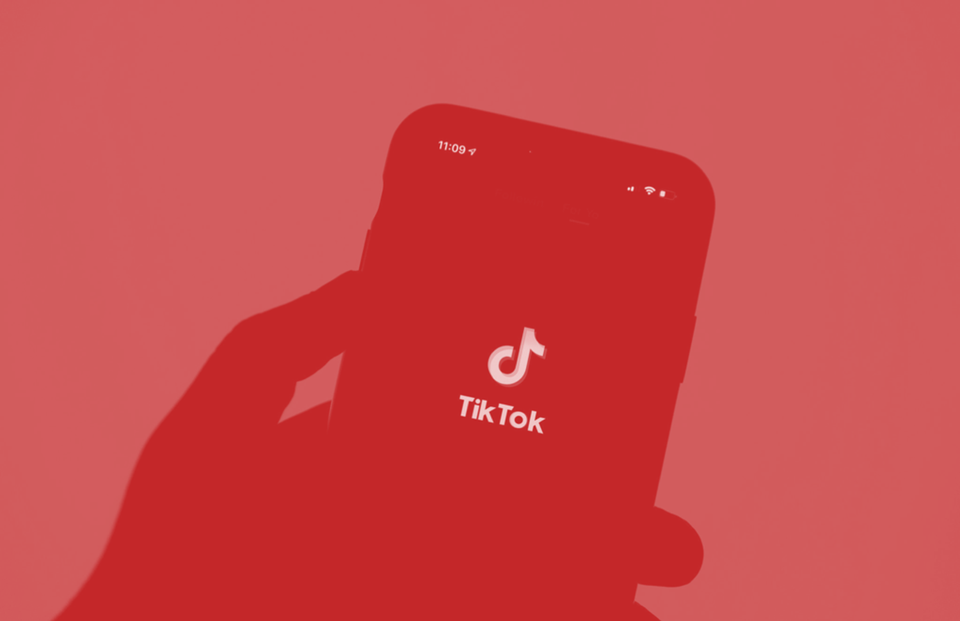Cuts and chaos for T&S workers, Clegg on interoperability and Colombia hits back

Hello and welcome to Everything in Moderation, your later-than-usual companion to the fast-changing world of content moderation and online safety. It's written by me, Ben Whitelaw, and supported by you.
Before I get into this week's edition, I'd like to pay tribute to those working in trust and safety roles at Twitter and Meta who lost their jobs this week. I've been lucky to come across and learn from many smart and dedicated people in this space and this is not what they deserve. If anyone wants to talk or needs support, please get in touch.
This week, I also answered a few questions for Future Proof, a newsletter on media and the web by podcaster Nick Hilton, who dubbed content moderation "a sexy topic of dinner party chitchat again". I don't know what parties he's going to but have a read and subscribe if it sounds like your bag.
Without further ado, here's everything in moderation this week — BW
Policies
New and emerging internet policy and online speech regulation
With the Digital Markets Act having just come into effect in the EU, it was interesting to note Nick Clegg's comments this week on the supposed incompatibility of interoperability and privacy. In a conversation as part of Fortune’s CEO Initiative Summit, Meta's president of global affairs gave short shrift to the idea that taking your data from one service to another was going to lead to anything other than more problems. He said:
When you move data around, it’s more likely to get lost from time to time. I think judgments between data portability and privacy need to be made by legislators; they can’t be and shouldn’t be made by private sector platforms.
